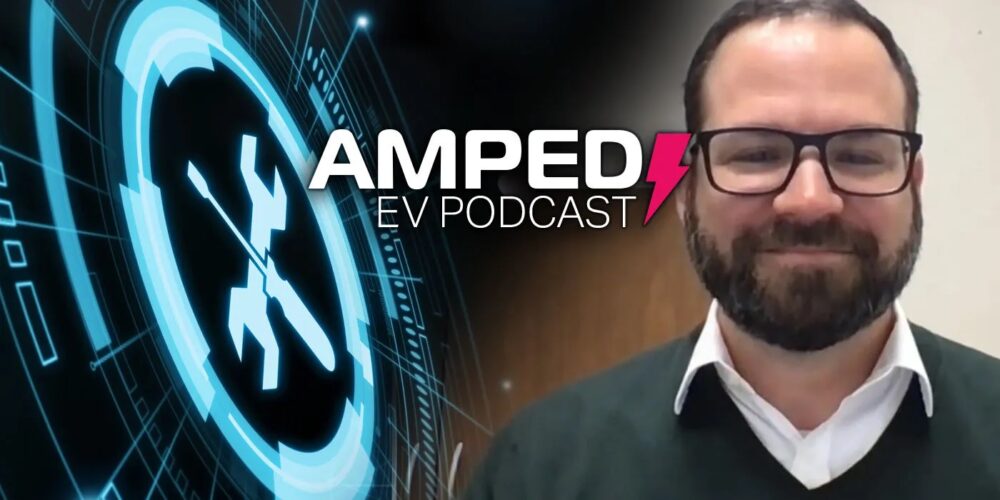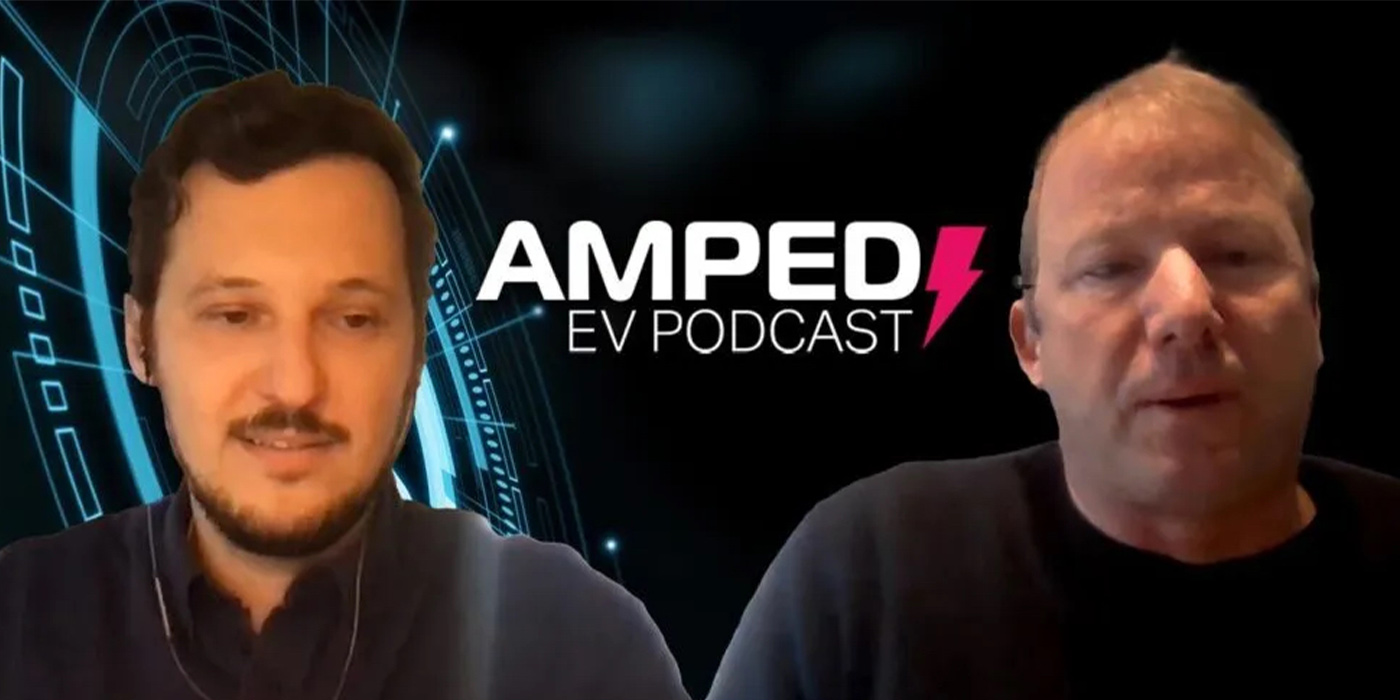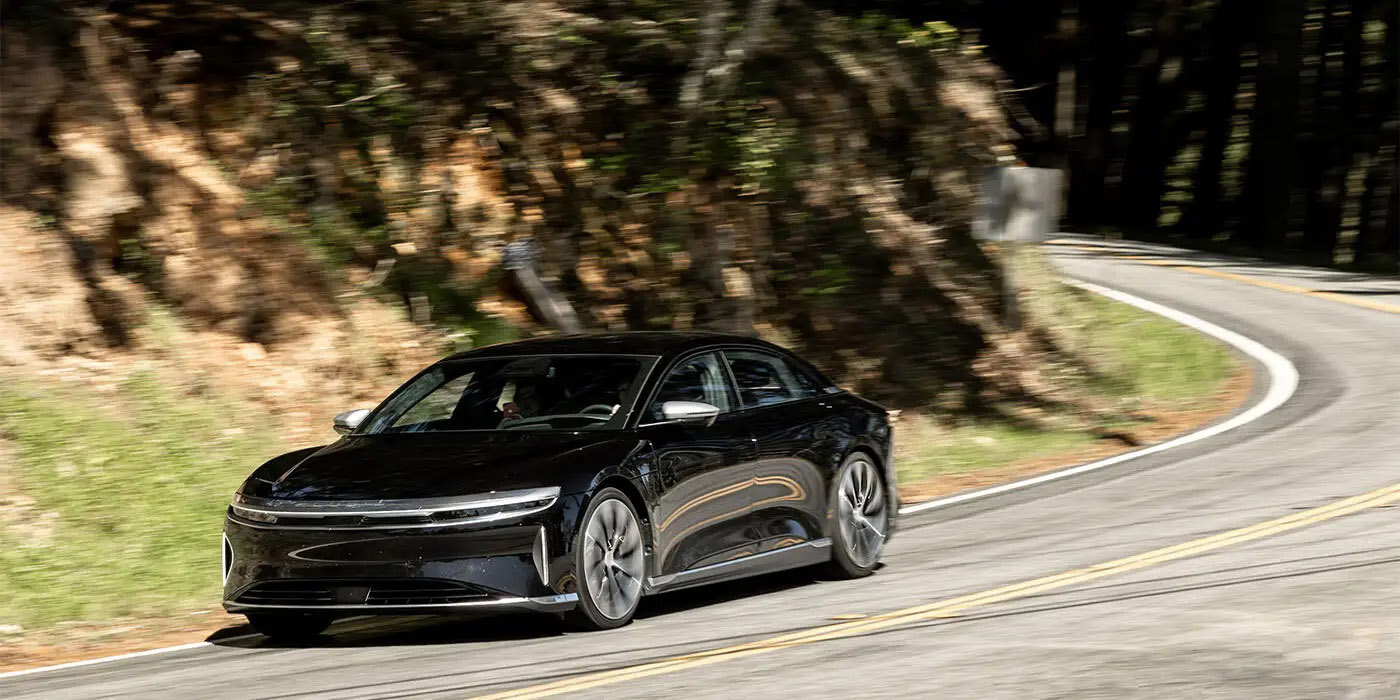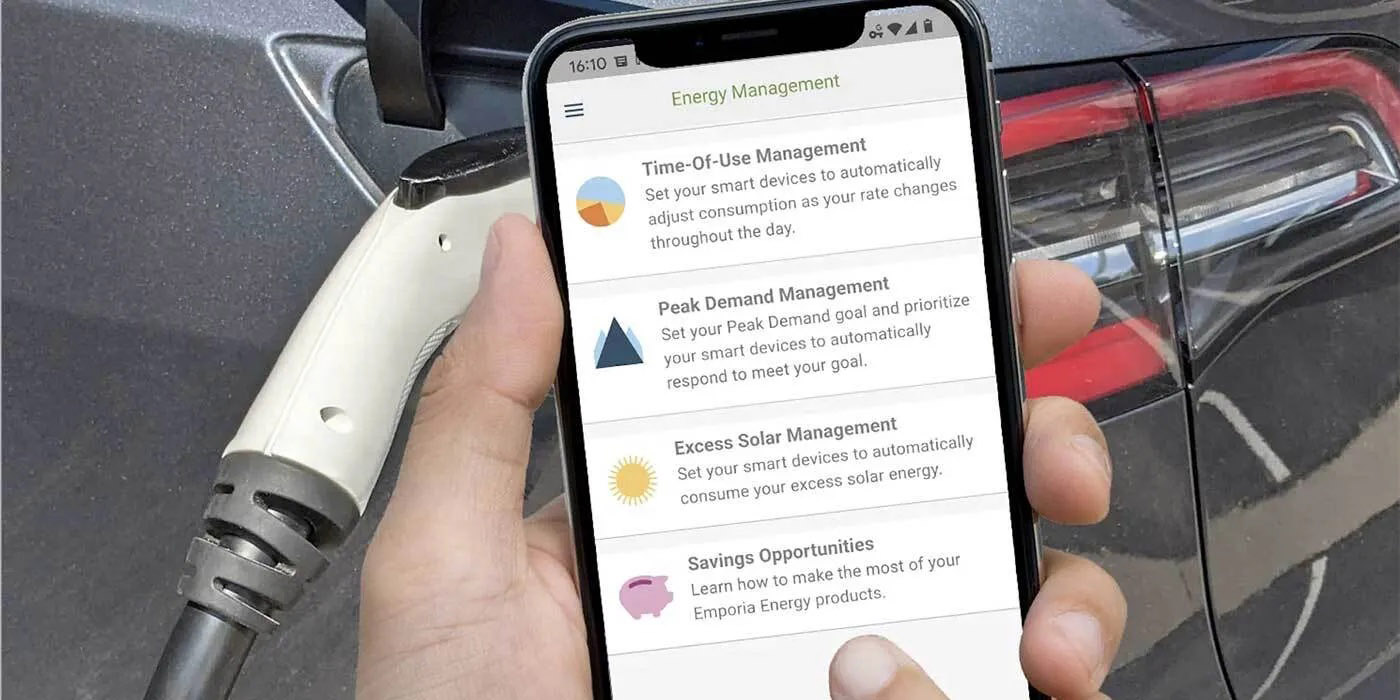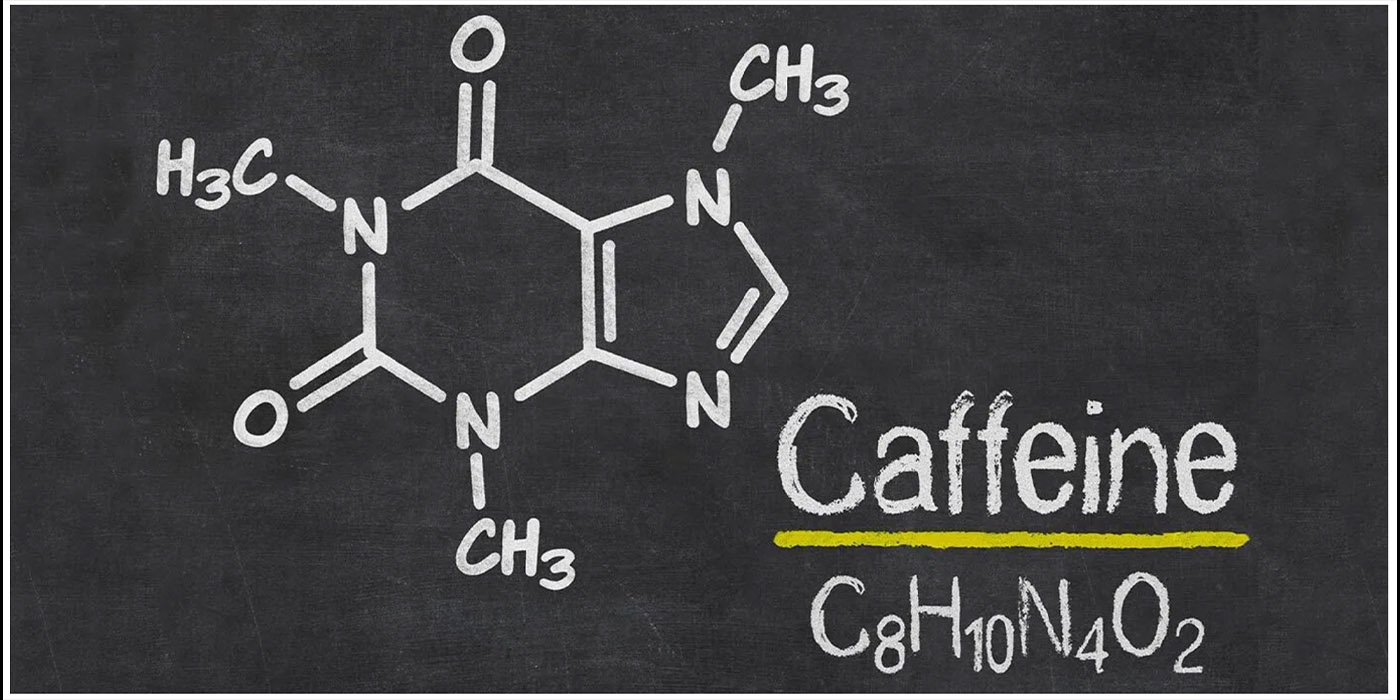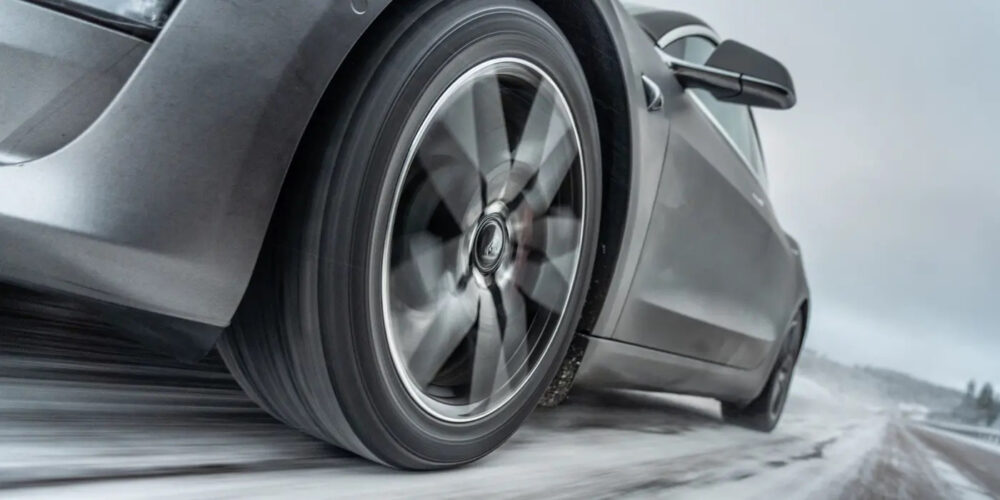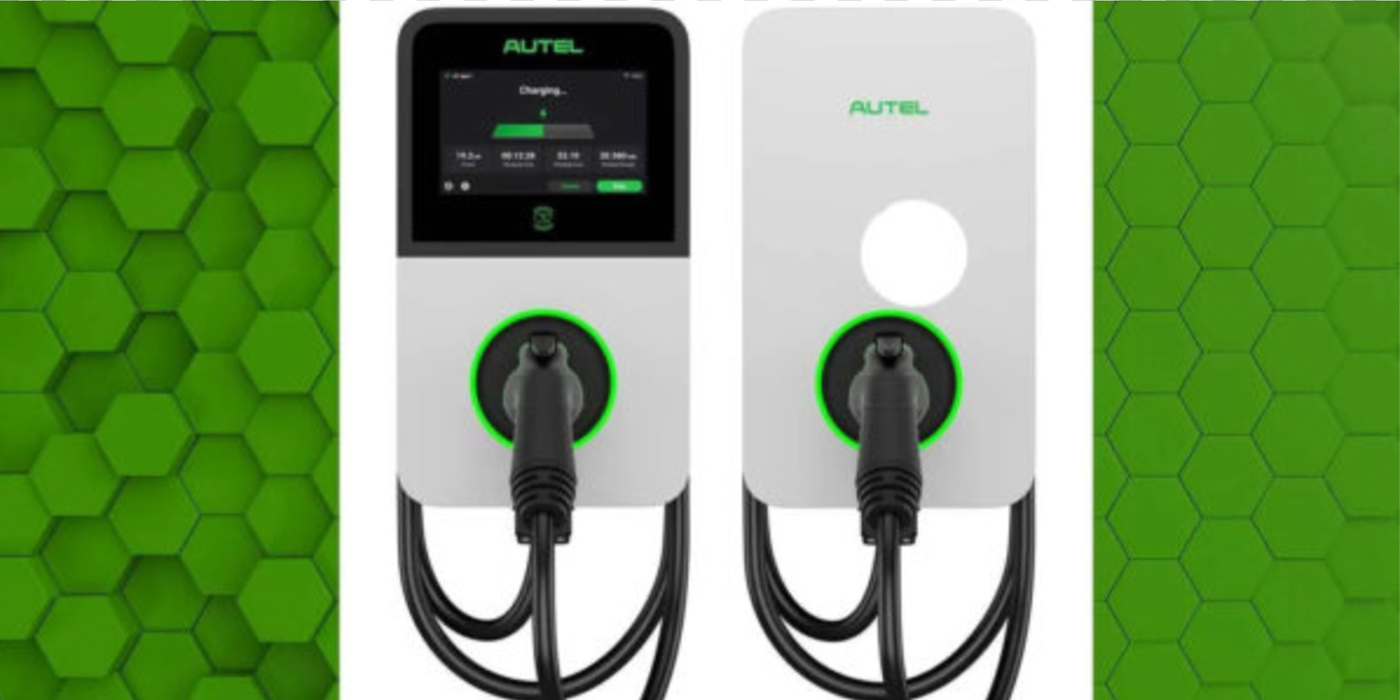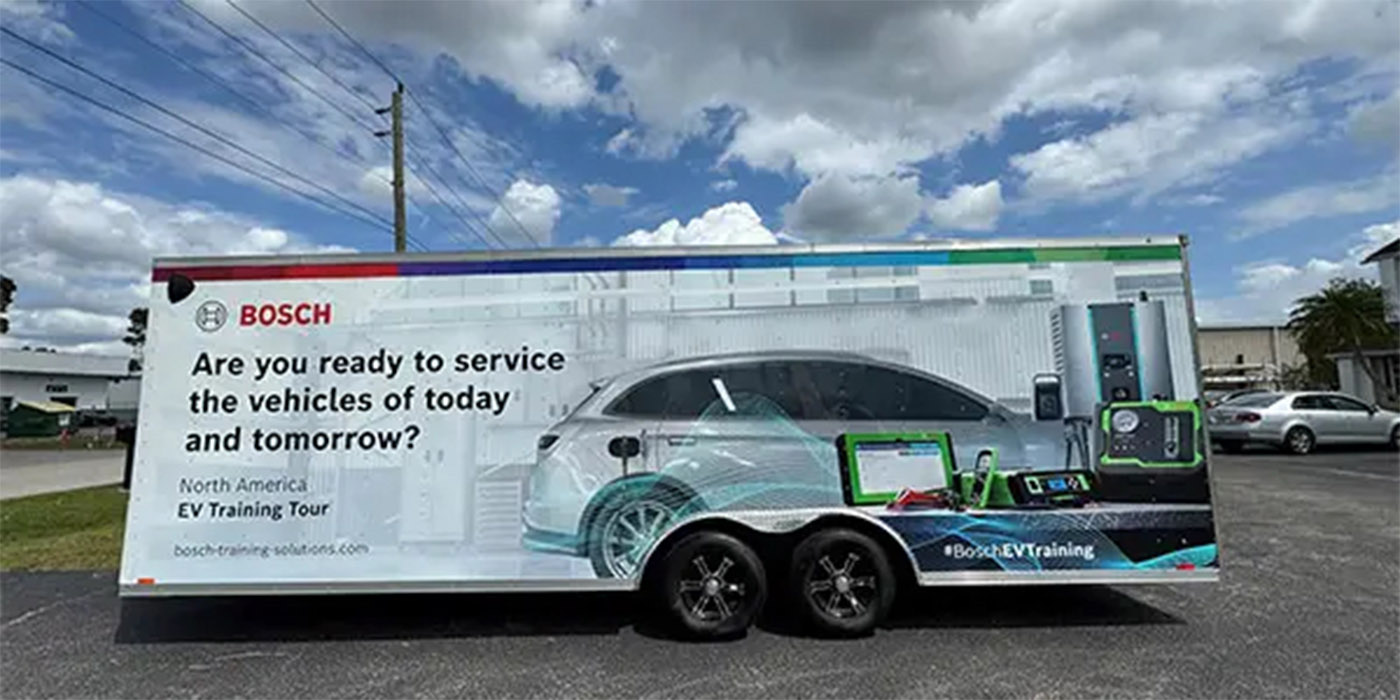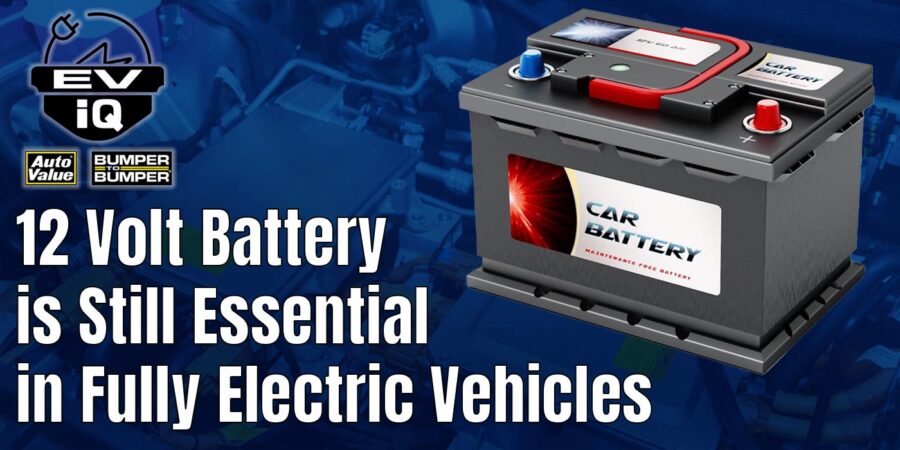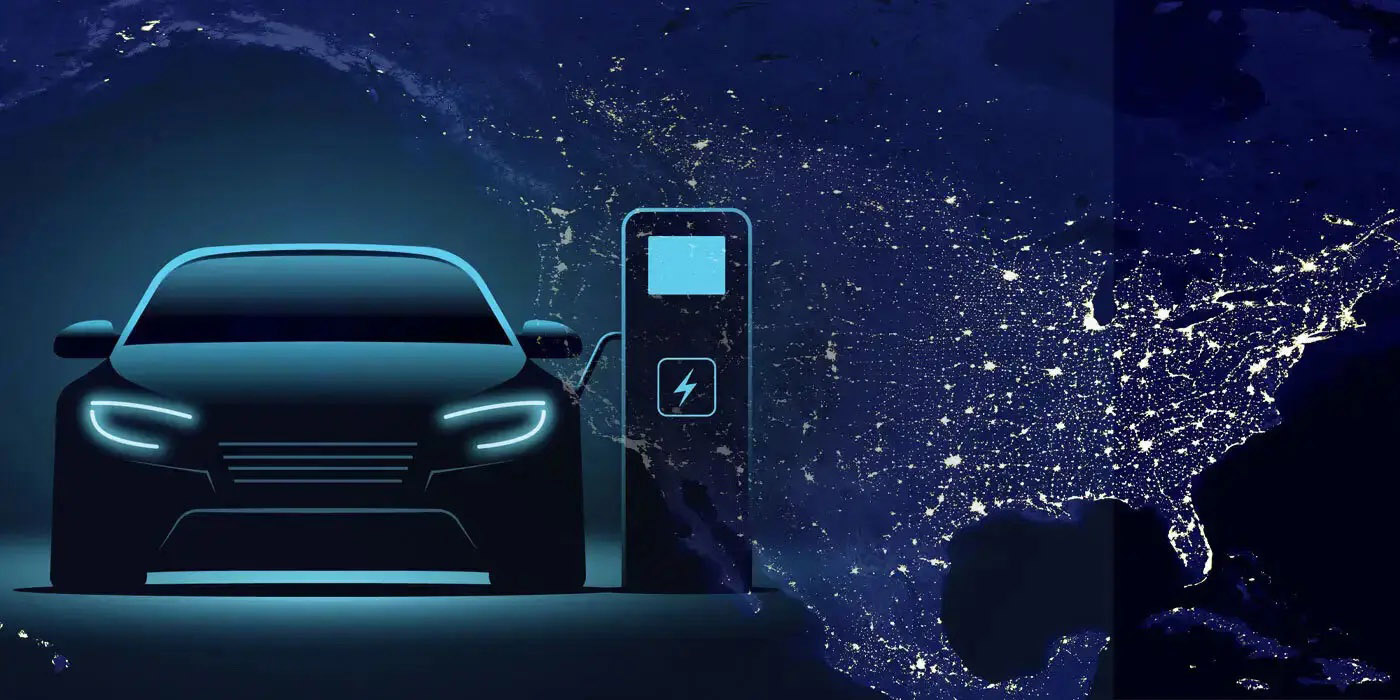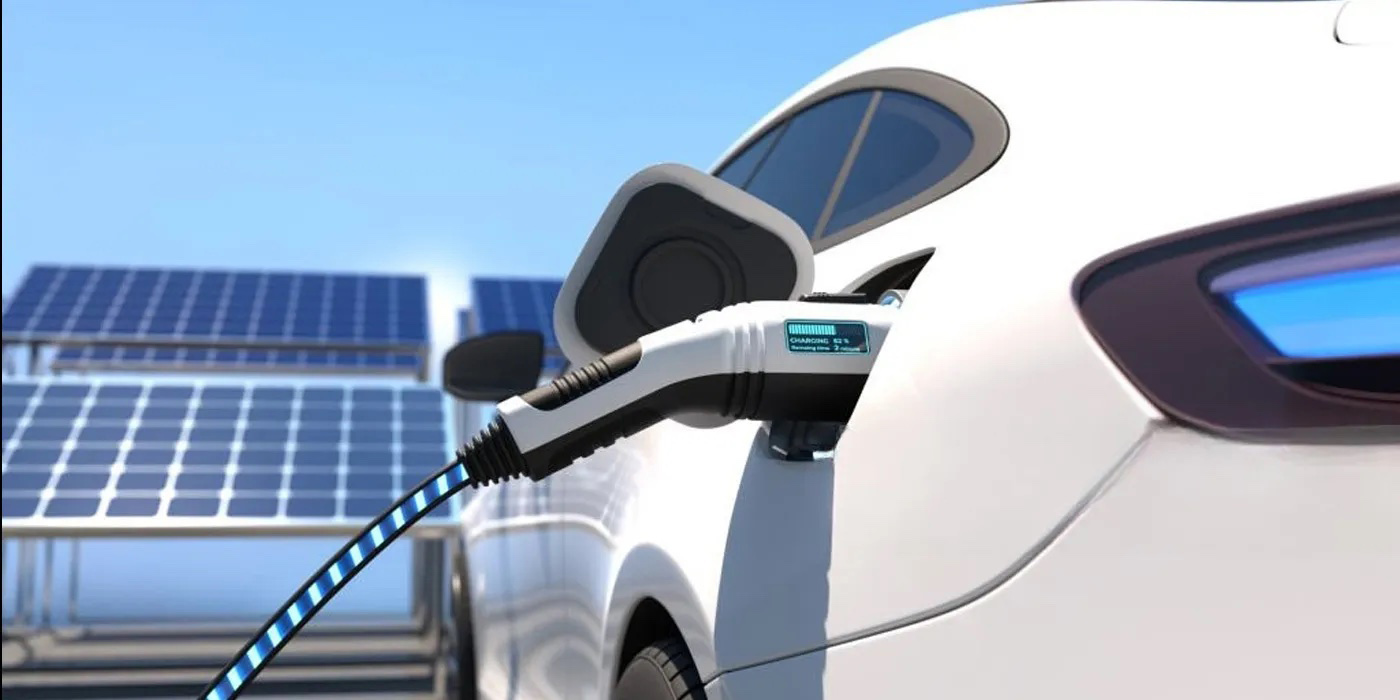Electric vehicles have been steadily rising in popularity in the US for around a decade now, so surely consumers have had plenty of time to research and understand the differences in aspects like maintenance costs, range and government incentives, right?
…Right?
The truth is, there are plenty of misconceptions about the current state of EVs, a topic that has recently been researched in-depth by CDK Global in the company’s recently published whitepaper “EV Confusion Carries On.”
“When we talk about EVs in general as an industry, we know a lot of things are true and we talk about them on shows like this, on LinkedIn, all those things. But we have to understand the American consumer is not following any of that,” says Dave Thomas, director of content marketing and industry analyst at CDK Global. “What they mostly see about EVs is what’s in the mass media or from friends in their networks. And, the one thing they all know is EVs are more expensive overall. They cost more to buy. Tesla started all off as a luxury brand when it started. That’s kind of core to their belief.
“As we know, it’s a core benefit of an EV that maintenance costs are lower, there are no oil changes and brakes should last much longer,” he continues. “All those kinds of things should pay off for the consumer in the end. But, EV shoppers ranked maintenance as being more expensive, so it’s all over the place.”
On this episode of The Amped EV Podcast, we speak with Thomas about EV maintenance, EV tax credits and the effect that social networks have on one’s knowledge and interest in EVs.

